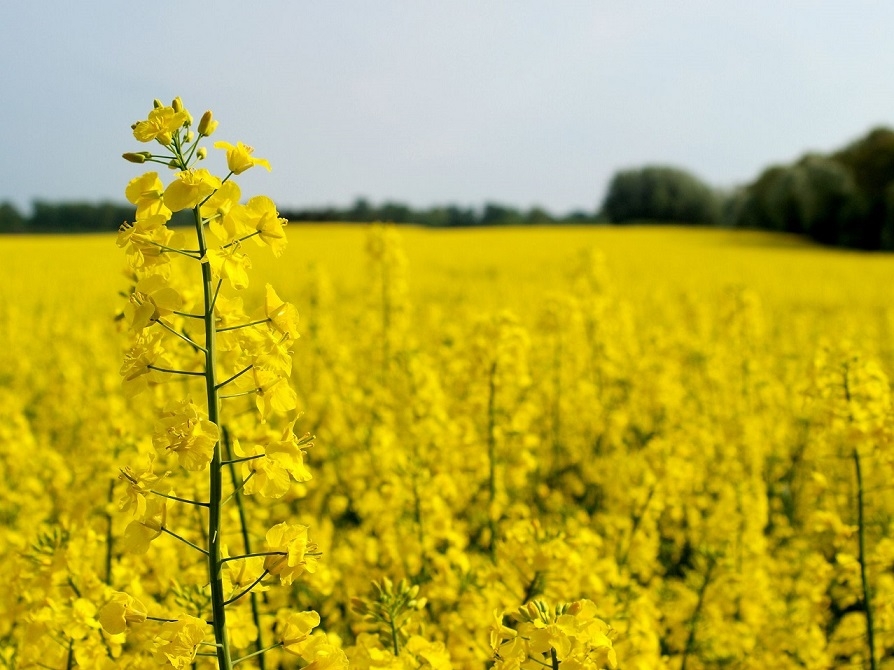Rapeseed prices in the European Union (EU) have dropped sharply since the beginning of the year, according to a report by Germany’s Union for the Promotion of Oil and Plant Proteins (UFOP).
At one point, prices fell below €400 (US$428)/tonne for the first time since November 2020, the 1 June report said.
Falling rapeseed prices were due to forecasts of good global market supply of the commodity but also to imports of used waste oils and fats from China and biodiesel produced from them – used cooking oil methyl ester (UCOME) – totalling approximately 500,000 tonnes since the end of last year, UFOP said.
“Doubts have been raised in industry circles about the correctness of the certifications and required proofs of raw material origin,” the association said.
The UFOP said if these biofuel volumes were double counted against quota obligations in Germany and other EU member states, such virtual crediting to meet greenhouse gas (GHG) emissions quota obligations would reduce physical demand, particularly for rapeseed oil-based biodiesel.
“The association fears that this puts a fundamental question mark over the credibility of sustainability certification,” UFOP said.
The association has called on the German government and the EU Commission to take action and has also said more on-site inspections should be conducted.
“In line with the complex market situation, Paris futures market quotations for rapeseed have been falling virtually unchecked for several months. European rapeseed also lost in value based on slipping crude oil and palm oil prices and a temporary decline in US soyabean prices,” UFOP said.
The US Department of Agriculture (USDA) and the International Grains Council (IGC) have both forecast adequate supplies of rapeseed and soyabeans in the 2023/24 season.
“Above all, the EU could see the largest rapeseed harvest in five years with an expected 20M tonnes. The current favourable weather conditions and good field crop development indicate that this might actually happen. Conditions are forecast to be favourable also in the weeks ahead, especially in France, Germany and Romania,” UFOP said.
Meanwhile, soyabean prices were also dropping after a period of firming, according to the report.
“The focus in the soyabean market has been on growing and harvesting conditions in South America and the USA. Lack of rain and excessive heat have diminished the yield potential of the ongoing soyabean crop in Argentina noticeably,” UFOP said.
“By contrast, Brazil is set to harvest a bumper crop.”
In addition, reduced demand for US deliveries had also contributed to declining soyabean prices, with Brazil currently dominating the export market, according to the report.





